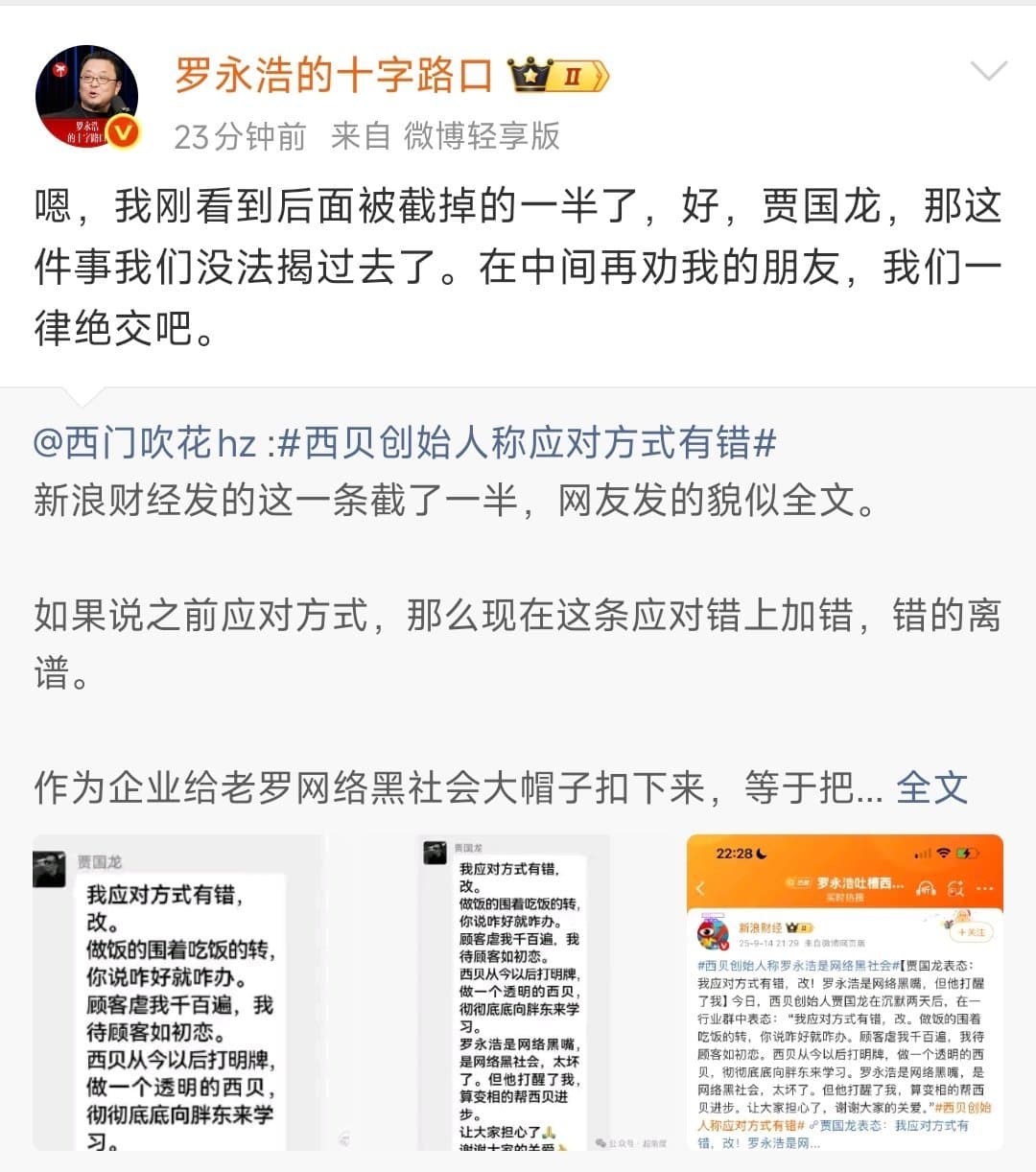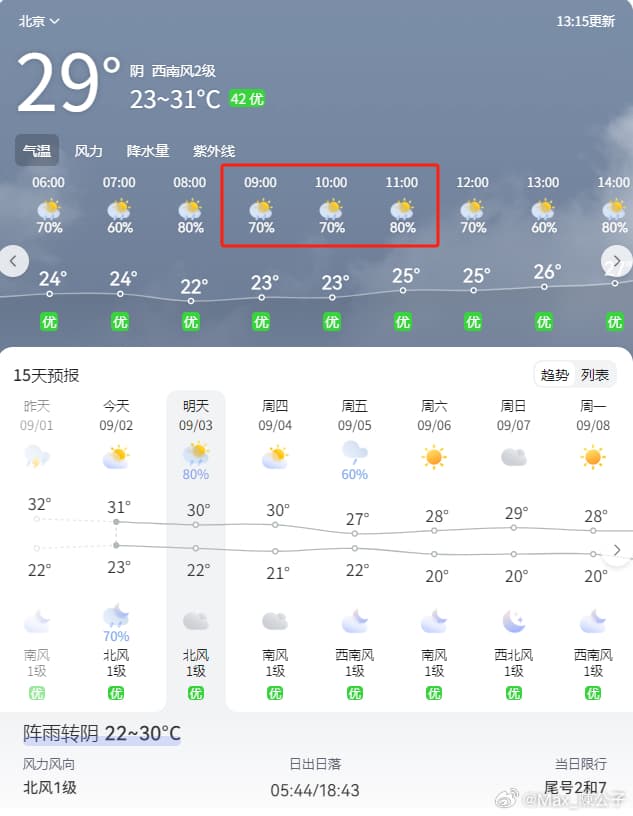New Express Delivery Rules Implemented in China: Stricter Guidelines and Mixed Reactions
New Express Delivery Regulations Take Effect in China Starting from March 1st, 2024, new express delivery rules in China will be implemented, bringing stricter guidelines to the industry. The revised "Express Delivery Market Management Measures" stipulates that businesses operating express delivery services cannot confirm receipt or deliver packages to smart mailboxes or express service stations without the explicit consent of the recipients.

1 March 2024
Failure to adhere to these rules can result in penalties of up to 30,000 yuan ($4,355). Many social media users have expressed mixed opinions about the new rules. Some believe the measures will provide greater protection for consumers who have experienced issues with delivery methods, including misplaced or damaged packages. However, others argue that the new rules will create significant challenges for delivery personnel and could ultimately result in reduced efficiency and increased costs for consumers. Among the most contentious points raised by netizens is the prohibition on using smart mailboxes or express service stations without the recipient's consent. Some argue that these delivery methods should be optional, allowing customers to opt-in if they prefer not to receive deliveries at home. Others suggest that enforcing stricter home delivery policies could help eliminate the need for these alternative delivery methods. One commenter on the popular Chinese social media platform Weibo said, "So the new rules are just saying that delivery people cannot drop off packages at designated locations without the customer's permission?
Isn't that how it should be anyway? You shouldn't be able to deliver a package to a smart mailbox or express service station without first notifying the customer and getting their consent." Another Weibo user added, "Putting parcels in smart mailboxes should at least send a notification. The worst is when they don't even use the mailbox and leave the parcel lying on the ground nearby, without even sending a message." Some users also raised concerns about the potential impact of the new rules on delivery personnel.
A video shared on Weibo claimed that the stricter guidelines have led to a wave of delivery drivers quitting their jobs. According to the video, which featured a report from Southern Broadcasting Television in Nanchang, some delivery drivers have seen their daily delivery volumes drop significantly under the new rules, leading to reduced income. The drivers who spoke to the broadcaster said that they could face high fines if they fail to adhere to the new guidelines, which could result in significant financial losses. A Southern Broadcasting Television report from February 29th also highlighted the potential for confusion around the regulation of food delivery services, which are not mentioned in the revised rules. According to the report, many delivery drivers are unsure whether the new rules apply to food delivery or if they will face similar fines and penalties for misplacing or damaging food orders. Despite these concerns, some social media users argue that the new express delivery rules will ultimately benefit consumers by raising standards across the industry. One Weibo user said, "If delivery companies can't put parcels in smart mailboxes or express service stations without the customer's permission, then they need to step up their game and make sure they're delivering packages on time and in good condition." In addition to the express delivery rules, several other significant regulatory changes took effect on March 1st.
These include new rules on visa-free travel between China and Thailand, as well as tougher penalties for bribery, tax evasion, and other financial crimes. The Chinese government has also introduced new measures to crack down on fake companies and strengthen consumer protections. In conclusion, the new express delivery rules are just one part of a broader push by the Chinese government to strengthen consumer protections, crack down on financial crimes, and promote greater transparency across the economy. While the new rules have generated some controversy and uncertainty, they are part of a wider effort to improve the quality of life for Chinese citizens and ensure that businesses operate in a fair and transparent manner. Amidst the mixed reactions and concerns expressed on social media, it remains to be seen how the new express delivery rules will impact the industry in the long term. However, one thing is clear: the Chinese government is committed to creating a more regulated and consumer-friendly market for express delivery services.



